After setbacks in the use of sustainable packaging in QSR, we take a look at some of the more innovative solutions in development this year
An issue exacerbated by lockdown
The use of single-use plastics has soared in reaction to Covid-19 and social distancing, relegating environmentally friendly food packaging to the back shelf. Then there’s the use of green spaces as social hubs, which has also had an impact on the environment.
Savvy brands are well aware that before the crisis, more consumers were focusing on sustainability when making purchasing decisions. That’s why many companies are still doing everything they can to commit to a more sustainable future.

Pledging to a greener future
Tetra is one of the latest companies to commit to net-zero by 2030. Its plan includes accelerating the development of low-carbon circular packaging as one of four key areas it has identified. Coca-Cola also has packaging goals, pledging to use biodegradable bottles by 2023.
Name and shame
One petition in Wales suggests printing car registration numbers on packaging at drive-thru restaurants. However, this is a behavioural and sociological solution, rather than a manufacturing and waste option.

Innovations in manufacturing
New Zealand cup manufacturer Glopac has now brought to market fully compostable coffee cups to help combat the 300 million ending up in landfill sites every year. The cups were developed in Scandinavia and are made of paper with a water-based membrane. They can decompose in around three weeks.
Refinement in practice
Paper manufacturing giant Twin Rivers says it has reformulated its Acadia EcoBarrier multi-purpose paper. It can be used for burger wraps, cookie bags, French fry pouches and more, and is grease proof and fully printable. The paper is also now fluorochemical-free to meet the increasing demand across the QSR industry.

A major scoop
To address the problem of single-use plastic spoons (and the associated EU directive on single-use plastics), Danish packaging company Schur is developing and refining a new, fibre-based spoon. It could replace the plastic spoons used for yoghurts and other takeaway foods. With brands like Kinder also developing alternatives, we can see definite progress.
Pak mentality
As well as a new ‘fin’ opening design which differentiates it from the competition, Elopak’s new Pure-Pak Imagine uses 46% less plastic than a carton with closure and 10 times less plastic than a standard PET (polythene terephthalate) bottle. The manufacturer is carbon neutral (since 2016), using 100% renewable energy, and is leading the way in supply chain sustainability.

Cleaner living
Fresh from its first external investment, cleaning product manufacturer Dropps is breaking new ground with its detergent pods. It is shipping its products in 100% recyclable, repulpable and compostable cardboard boxes, and engineering its lightweight PVOH pod membranes to dissolve thoroughly even in cold water.
Waste not want not
In Japan, the use of edible plates is on the rise. Confectionery manufacturer Marushige Seika is expanding following the success of its e-trays (edible trays). It is formulating and producing other items such as straws, spoons and chopsticks. If you don’t want to eat your plate and cutlery, they’re still beneficial for the planet, as they biodegrade in anywhere between a few days and a month in soil.
To find out more about how our software solutions can help reduce waste and improve your supply chain efficiency, visit orderly.io


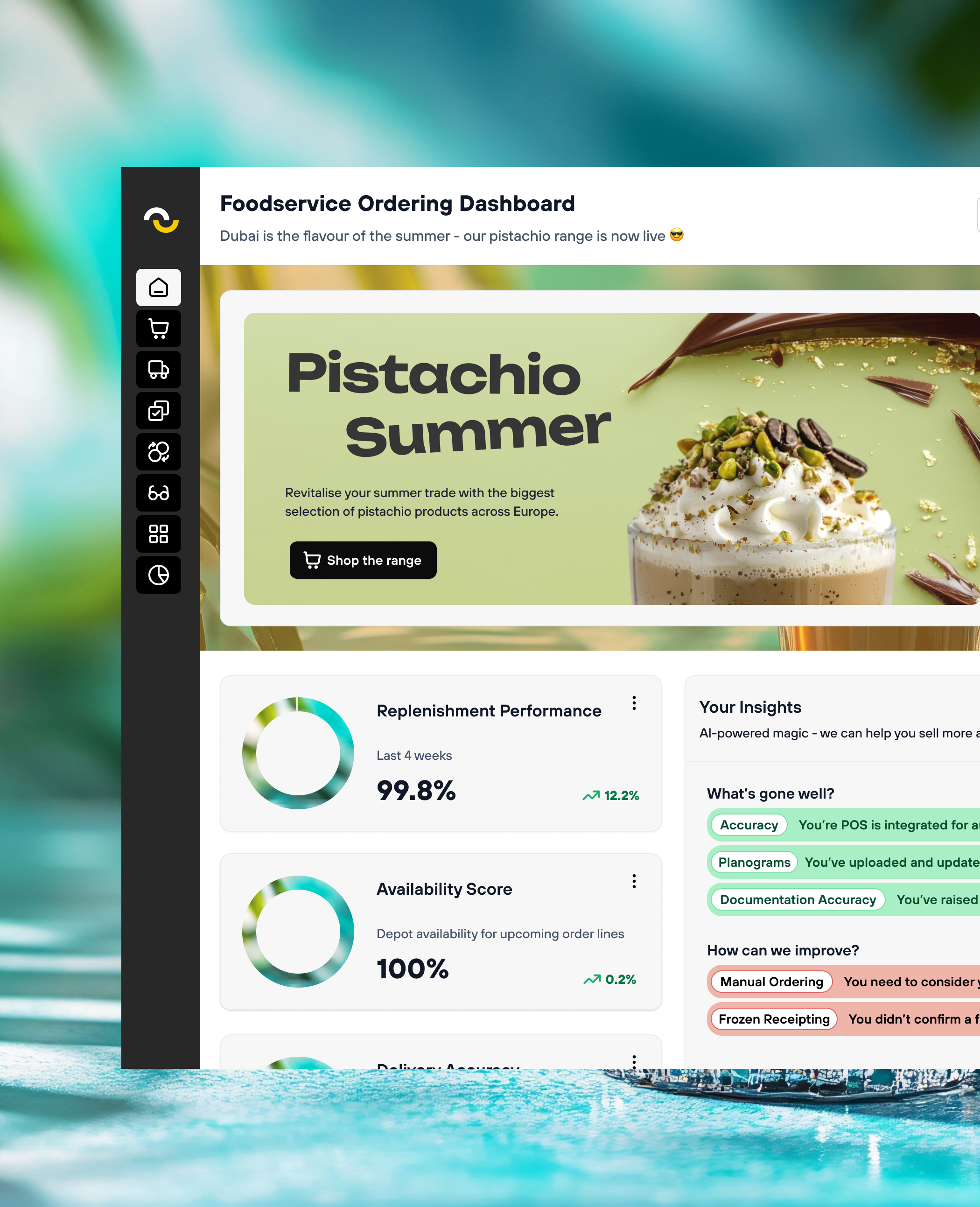

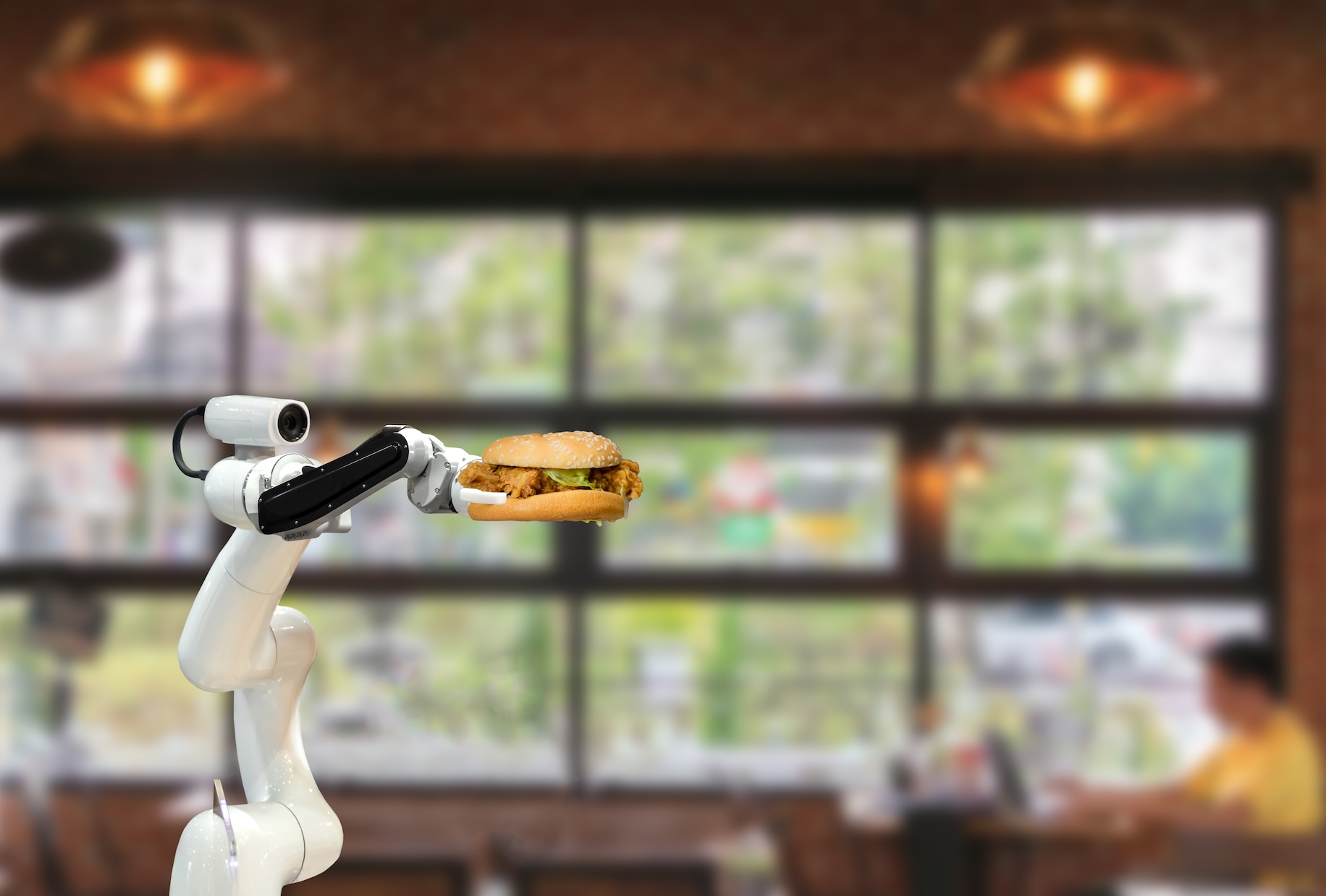
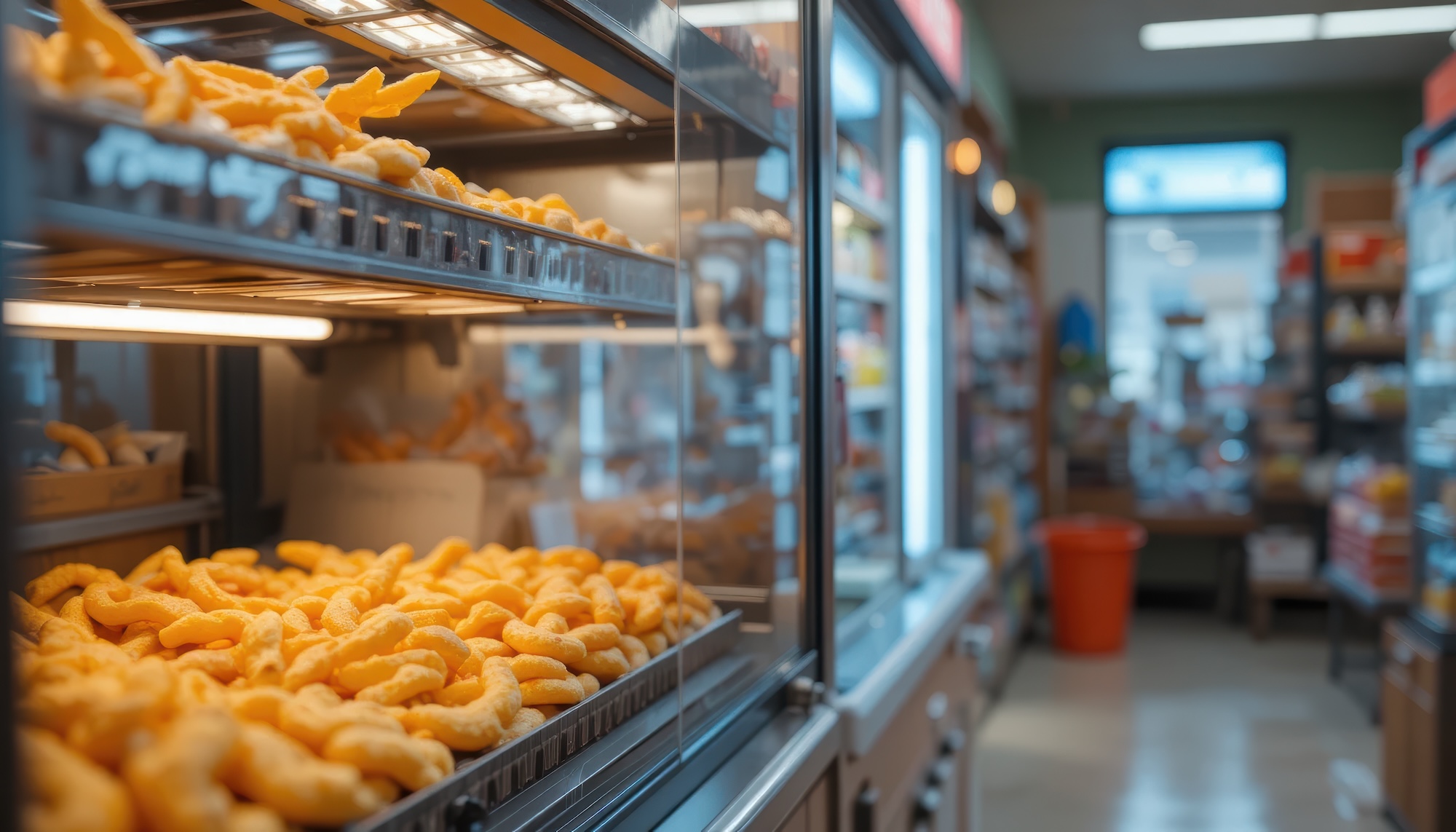

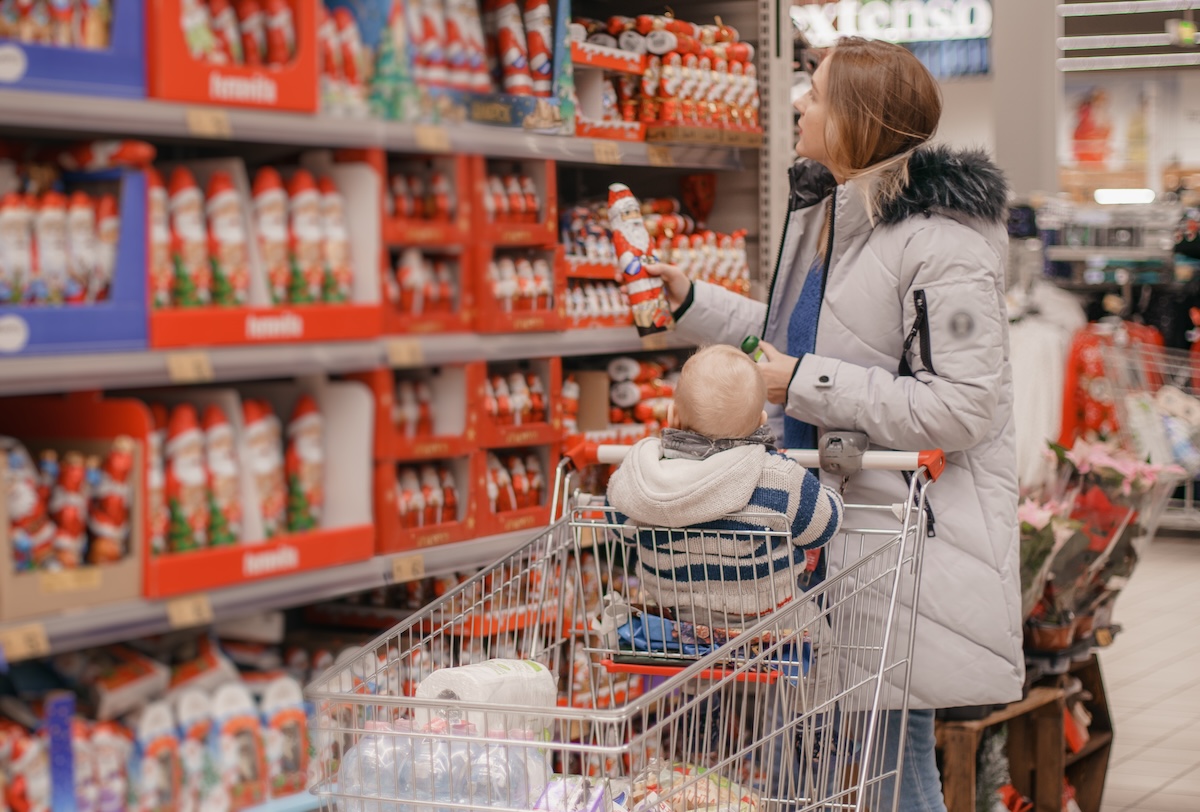
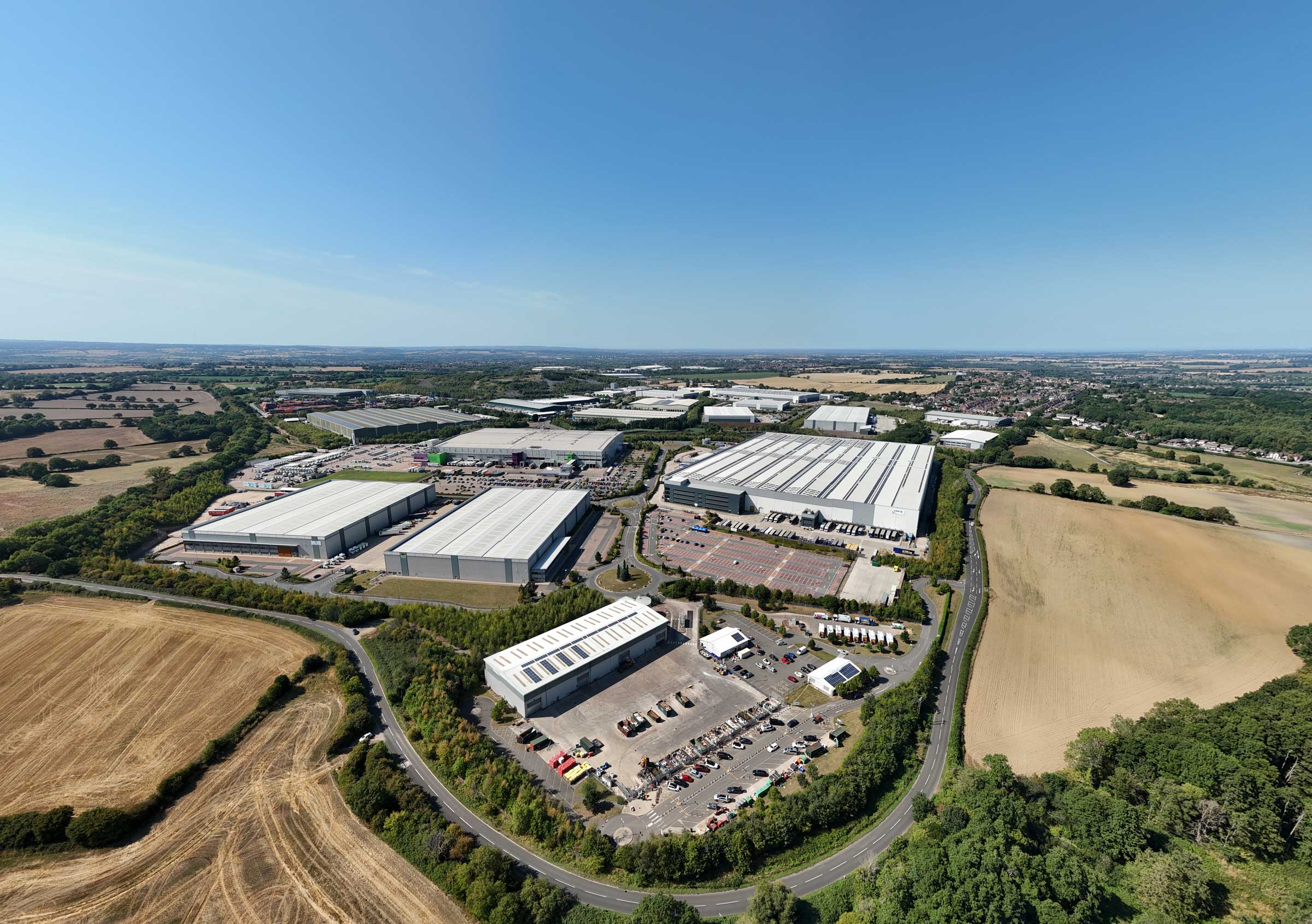

.svg)

.svg)
.svg)